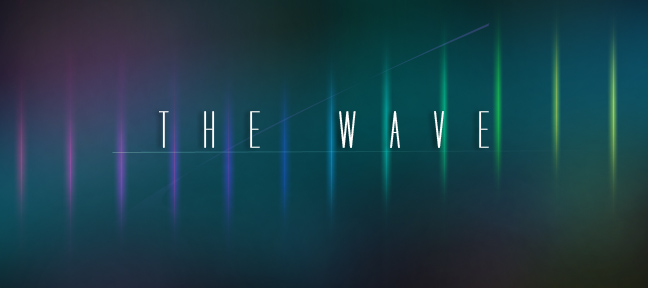And guess what?
Ironically, out of three questions, only 21% of the interviewed adult population got them all right. The questions were as follows:
1) How long does it take for the earth to revolve around the sun? (1 year = 365 days = one rotation of the earth around the sun.)
2) Did the
earliest humans and dinosaurs live in the same time period? (No. The first humans didn't show up until the Paleolithic era, around 2.5-2.6 million years ago. Dinosaurs went extinct at the end of the Mesozoic era that ended 65 million years ago. Humans didn't appear until comparatively late in the Cenozoic era, which began at the end of the Mesozoic and which we are still in now. )

3) About how much of the earth's surface is covered with water? (71%, answers around that number were acceptable.)
For the first question, only around half of the interviewed population got it right, 59% for the second question, and 47% for the third (15% of of those for the third question got it exactly right.)

I have a qualm with this 'test'. This test was called the scientific "literacy" test, when it's actually not a literacy test. Quote the National Science Education Terms Standards: "Scientific literacy means that a person can ask, find, or determine answers to questions derived from curiosity about everyday experiences. It means that a person has the ability to describe, explain, and predict natural phenomena. Scientific literacy entails being able to read with understanding articles about science in the popular press and to engage in social conversation about the validity of the conclusions." As we can see, this test was not a scientific literacy test that involved a person's ability to utilize the scientific method, but a test of more "trivia" and knowledge of facts.
Does the author of this article understand scientific literacy? Guess not.

No comments:
Post a Comment